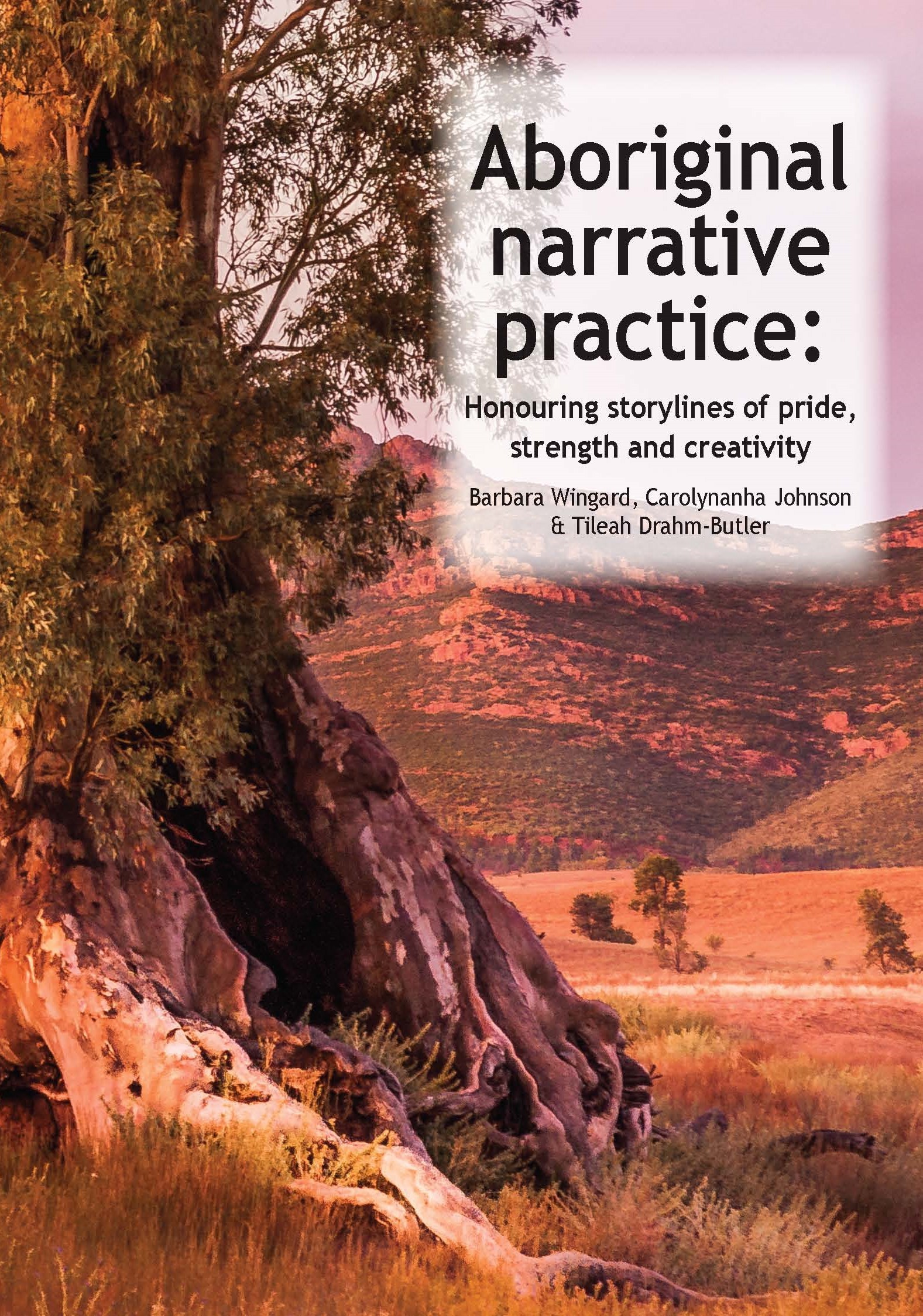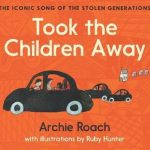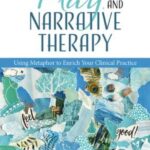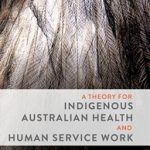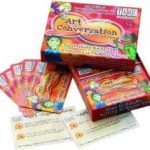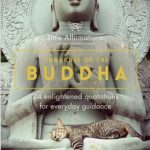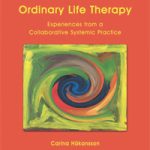This book shares stories of creative inventions by Aboriginal narrative therapists and community workers, including the ‘Shame Mat’, the ‘Language Tree of Life’, ‘Conversations with Lateral Violence’, and ‘Narrative community gatherings’. These significant innovations are expanding the field of narrative practice, not only in relation to Aboriginal and Torres Strait Islander contexts, but also across cultures and internationally.
Significantly, this book also illustrates how narrative practices are being used by Aboriginal communities to decolonise identity stories, to move beyond mental health labels, and to step out of missionary rules and closets of shame.
In this book you will find moving stories from individuals who are finding ways to have conversations with those who have passed on, or who are undertaking profound journeys away from the effects of alcohol and abuse. You will also read descriptions of community projects in which hard-won knowledge and skills in surviving injustices are being shared across communities and oceans.
We invite you to see narrative practice through Aboriginal eyes. This is both spiritual and political practice.
Contents:
- Introducing the authors
- About this book
- Part 1: setting the context: Aboriginal narrative practice
- Chapter 1: Carrying the flag and wiping the shame away – An interview with Kerry Major by Barbara Wingard
- Chapter 2: Reclaiming lives and language through the Tree of Life – Carolynanha Johnson
- Chapter 3: Decolonising identity stories: Narrative practice through Aboriginal eyes – Tileah Drahm-Butler
- Part 2: Lateral violence
- Chapter 4: A conversation with lateral violence – Barbara Wingard
- Chapter 5: Creating and sharing stories to heal our spirits (and weaken lateral violence) – Barbara Wingard
- Part 3: Political practice and decolonisation
- Chapter 6: Our practice is political – Tileah Drahm-Butler
- Chapter 7: Stepping out of missionary rules and closets of shame – Carolynanha Johnson
- Part 4: Re-membering
- Chapter 8: Having a yarn with those who have passed on: Seeing ourselves through their eyes – Carolynanha Johnson
- Part 5: Talking about sex
- Chapter 9: Aboriginal people talking about sex – Tileah Drahm-Butler
- Chapter 10: Good stories of talking about sex – Carolynanha Johnson
- Part 6: Narrative community gatherings – An Aboriginal invention
- Chapter 11: Reclaiming our stories, reclaiming our lives: The story of the first narrative gathering – Tim Agius
- Part 7: Linking communities
- Chapter 12: Linking stories and initiatives: A narrative approach to working with the skills and knowledge of communities
- Chapter 13: Stories of pride: Linking the experience of Aboriginal Australian, African-American, Latino and Native American communities – Barbara Wingard
Author Bio:
Barbara Wingard is a senior Kaurna Elder who has been involved with narrative ideas since 1994.
Carolynanha Johnson is a Adnyamathanha woman from the Norther Flinders Ranges is South Australia and currently works as a counsellor and educator at the cancer council SA.
Tileah Drahm-Butler is a Durumbal woman who lives in Kuranda, Far North Queensland. A social worker at Cairns Hospital, a member of Dulwich centre teaching faculty, and a PhD candidate at the University of Melbourne.

